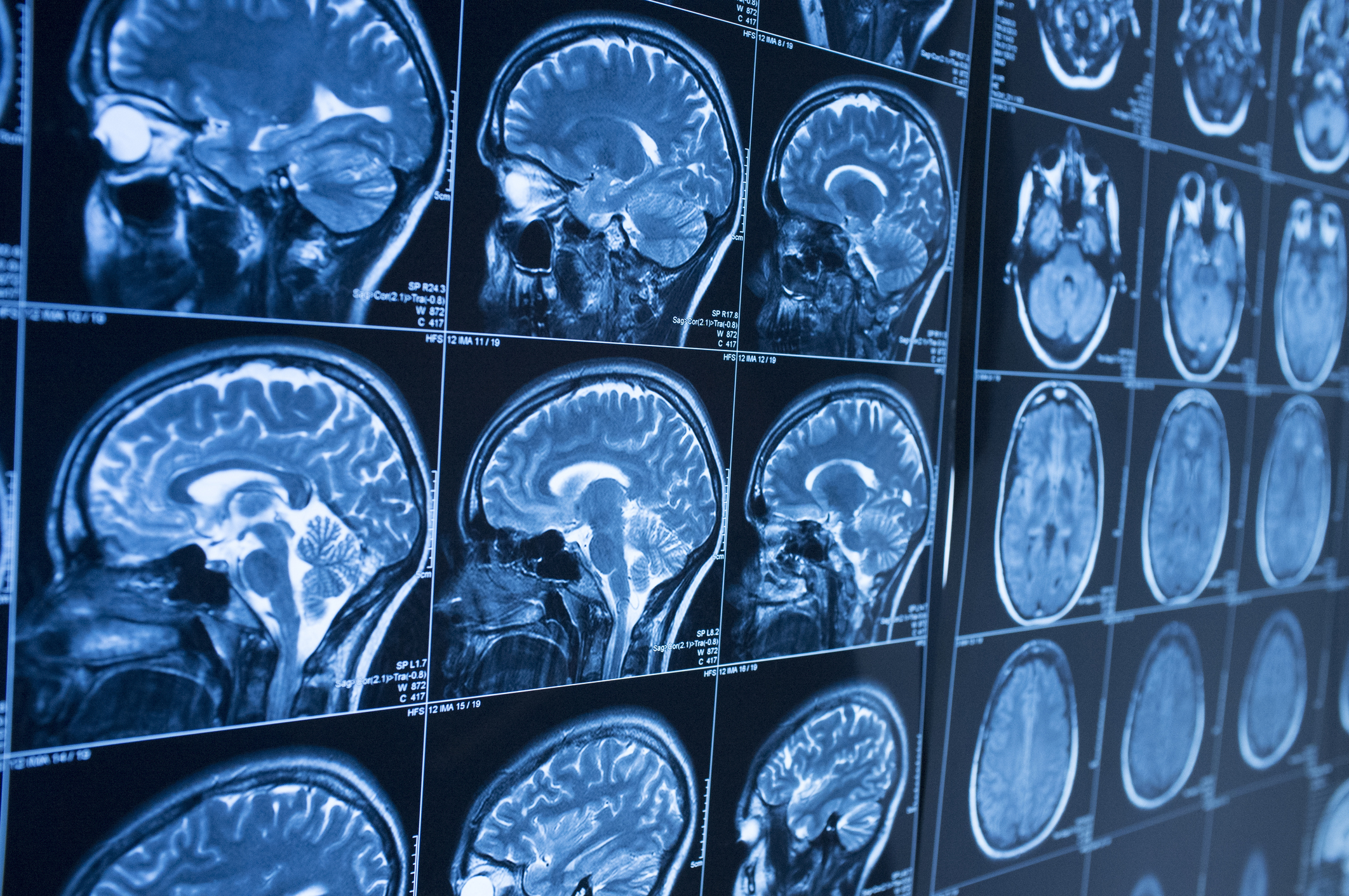


Addiction science is consistently growing and delving deeper into the illness to find better diagnostic techniques to help those with substance use disorder find and stay in recovery. Among the ranks of experts are Rutgers scientists who believe they’ve uncovered a method that helps determine whether patients with opioid use disorder are at higher risk of relapse.
Now that it’s been confirmed that addiction is a disease and predominantly affects the brain, scientists have been looking into new ways to help medical providers diagnose and treat the disorder. For patients in recovery, this means using a comprehensive approach using medication-assisted treatment and substance use counseling. Still, perhaps there are more advanced ways to look at activity in the brain to ensure their success in recovery.
With the use of advanced algorihms, researchers were able to identify a pattern in brain volume and functional connectivity biomarkers from opioid users that can improve diagnosis and treatment. The study conducted used MRIs to look at the brains of both those currently using opioids and seeking treatment, as well as those with no history of using opioids for comparison. After matching the brain scans to the correct category of test subjects based on brain activity, the analysis shows what is believed to be a network responsible for cravings and compulsive drug-seeking, both of which pose a considerable threat of relapse.
Identifying the specific brain activity that controls the center of the brain that could lead to relapse can lead to incredible progress in treating patients with addiction. Currently, patients are self-reporting opioid use disorder, and medical providers must use the information they provide to diagnose and properly treat them, leading to potential errors and dosage issues. By using brain scans and advanced algorithms that quickly identify a pattern of brain activity associated with opioid addiction, diagnosis and treatment will significantly improve, especially for those who suffer from chronic relapse.
This method can potentially assist in tracking the progress of a patient’s brain to make alterations to their treatment program and help in diagnostics, but the biggest impact scientists hope to make is in reducing overdose deaths. Statistics show that opioid-related deaths are creeping towards a historical high with the prevalence of fentanyl and global changes caused by the COVID-19 pandemic. More than ever, advancements in addiction science like these could potentially save thousands, if not millions, of lives one day.
Relapse is part of recovery and can happen to even the most dedicated patients who work hard to better their lives and health while in addiction treatment. If continued research and studies prove that these brain scans can accurately help medical providers in treatment clinics diagnose and track a patient’s risk of relapse and progress in recovery, it could significantly improve the quality of MAT and people’s chances of successful long-term recovery.
Middlesex Recovery currently provides specialized care from certified licensed prescribers certified to treat opioid use disorder. The diagnostics used to help patients are evidence-based and have been proven to help those with opioid addiction achieve recovery in a comfortable and supportive environment. To learn more about Middlesex Recovery treatment programs, email or call a local facility today.